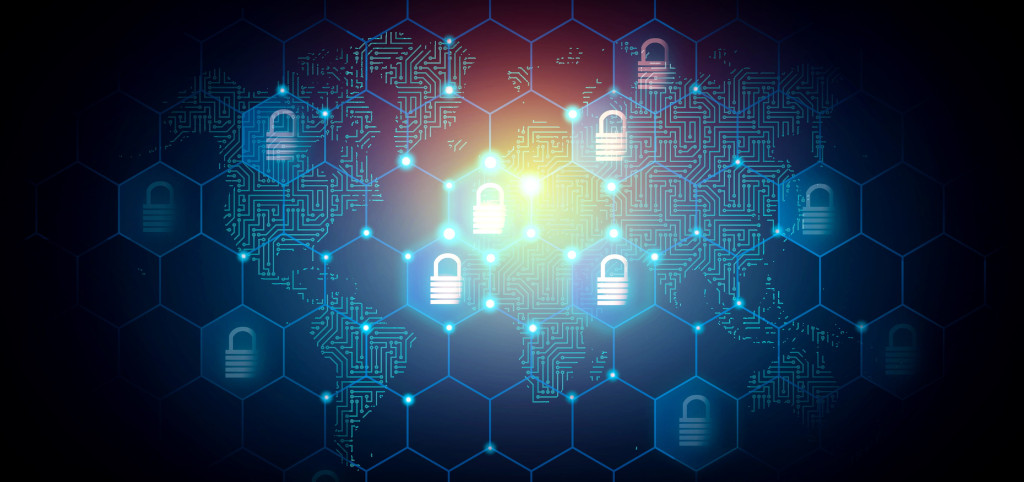At the very beginning, internet was built for decentralization. OK, maybe not! But they designed the protocol for two computer to communicate with each other; No centralized server in between! This is what happened the first time two computer were connected using what we now call "Internet Protocol".
So decentralized computing isn't actually something new that came with Crypto Currencies (as many think so); It's as old as the internet itself. Yes, there were lots of centralized systems back then too, but first decentralized file sharing system was introduced in 1976 (timeline of file sharing - Wikipedia). So decentralization dates way before the dawn of Bitcoin!
Email is probably the widest decentralized system! Everyone with an FQDN can set up a mail server and they're good to go! You don't even need to register your mail server; Every computer with SMTP protocol can just send (or forward) emails to your mail server. You don't even need static IP address, DDNS is your friend.
Big companies like Google, had their impact of course, nowadays most people say "Gmail" instead of "email"; But it's just a marketing name.
A need for security
Internet was built with trust in mind. Trusting that the information you're getting is correct, that governments and ISPs or man-in-the-middle don't monitor, censor or otherwise alter the data as they're routing it to you.
What a fragile hope!
Then came encryption. Of course data encryption is way older than internet! The earliest cryptography footprints can be traced to ancient Egypt, 1900 BC (according to Wikipedia).
But I want to talk about one of the best cryptography methods in modern world. The "Pretty Good Privacy" (a.k.a PGP). It is not flawless, but its shortcomings are all "human's fault" or what I like to call "carbon-based error".
PGP has a lot of features, it goes great with decentralized systems like Email. But I like to use it more. The geek part of me wants to use it whenever possible, to add an extra layer of security and trust.
PGP is pretty good
PGP is actually great! Unless someone finds a vulnerability, we can safely say PGP is perfect. Quantum Computing is a potential threat to all cryptographic algorithms, but the whole Quantum world is still theory; We're still safe my friend!
The biggest pitfall of PGP (like anything else) is human's carelessness. Which appears to be hard-coded in our DNA; We need to be extra careful and follow best practices to be safe from bad guys. Like bitcoin motto:
Be your own bank!
With all decentralized systems, you got to take responsibility yourself.
I like PGP and I try to use it everywhere that's suitable. I use it to sign my emails, and recently to sign my website's web pages.
Future of decentralization
For a long time, almost all things in internet was Centralized. You got to sign-up in Twitter, in order to tweet! But the paradigm is shifting. It's hard for everybody to take responsibility of their own security, so they're putting their trust in big companies, and that makes centralized systems bigger and bigger.
Then came Bitcoin (and other CryptoCurrencies) and made payments decentralized, you can "Be your own bank"; Then came Mastodon, a decentralized social media! People are joining these movements, so there's decentralization never dies by hands of big companies or even governments.
Blockchain technology is helping programmers develop decentralized apps, Twitter also wants to join the movement and is "funding a small independent team".
Decentralization is a great ideology we should invest time and attention on it. Whether we're building a payment system, a messaging app or even planing to build the Skynet and destroying mankind!
Decentralized systems are here to stay and they're unstoppable, take it from T-850:
Judgment Day is inevitable.

Image from pxfuel.